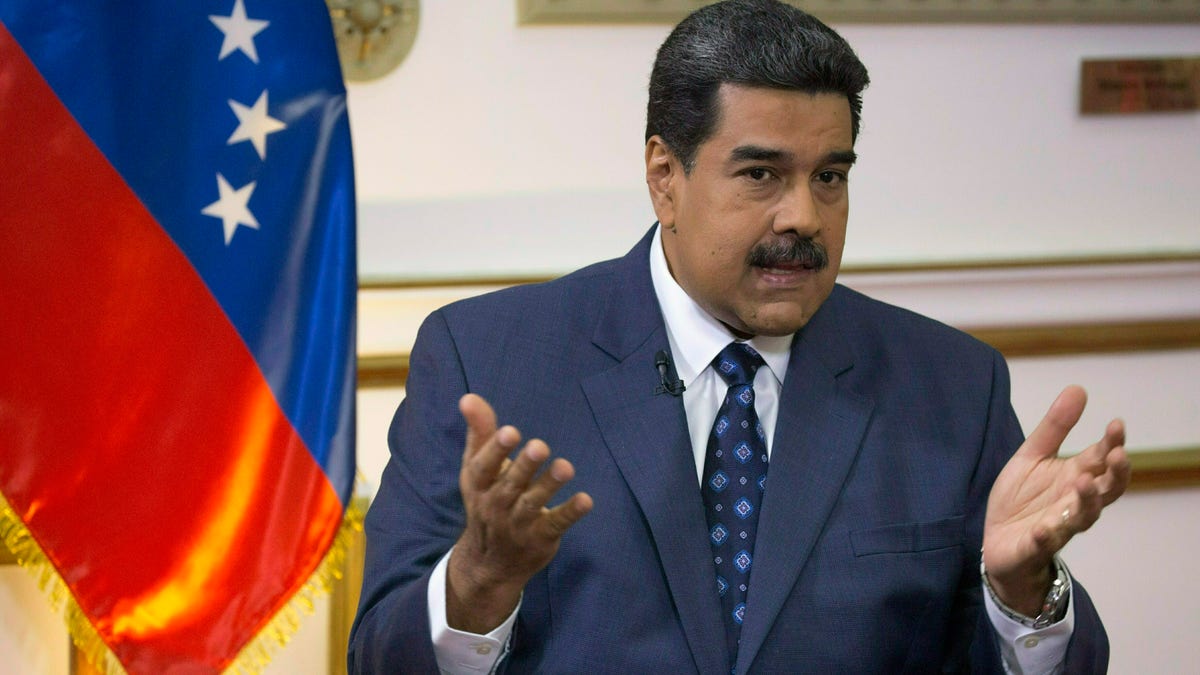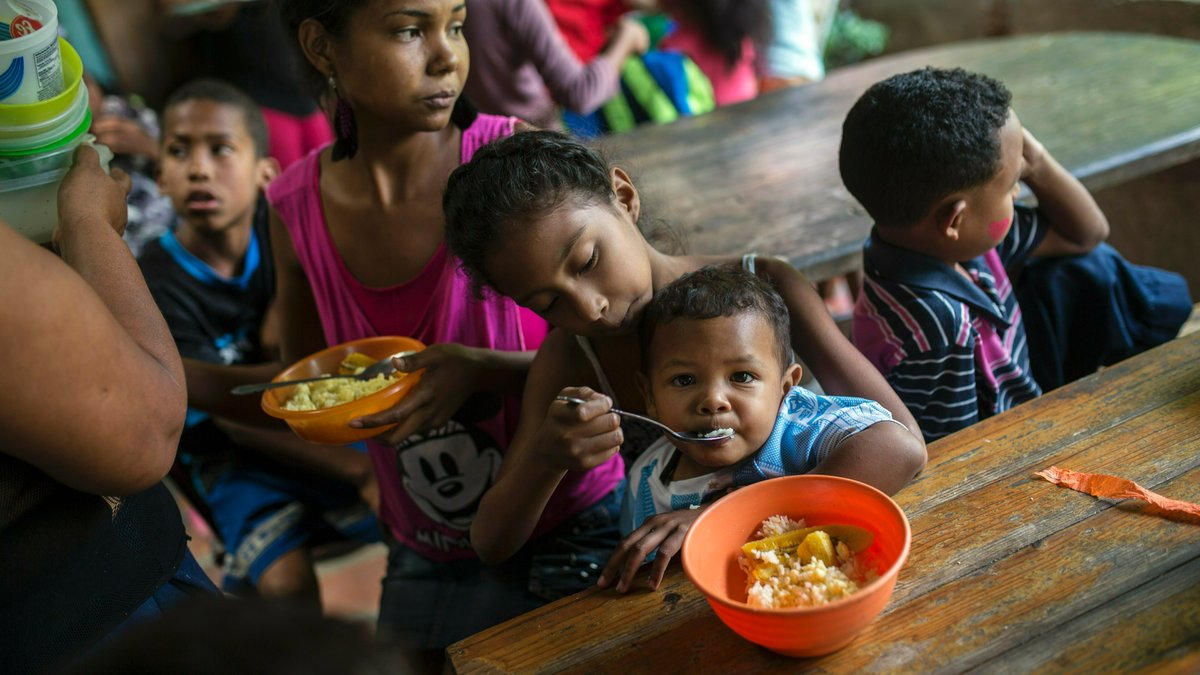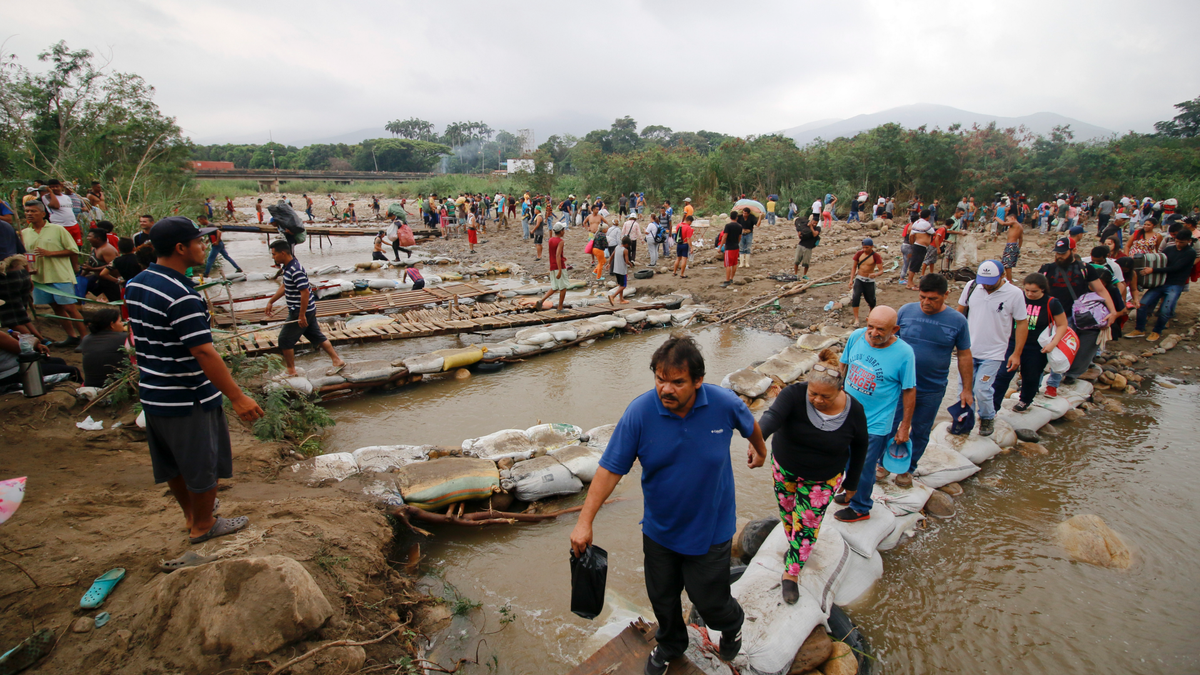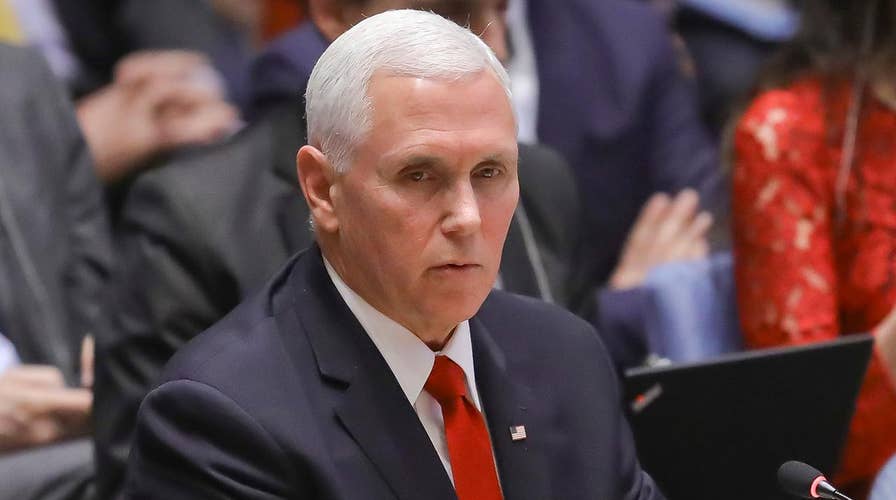It has been more than three months since the U.S. accelerated its onslaught of economic sanctions on Venezuela, coupled with the back of a new interim President – heightening official expectation that the Nicolas Maduro-led regime would crumble.
Only the socialist dictatorship has failed to fall. While there an array of factors to blame, analysts are pointing to illicit trafficking rings as a fundamental Maduro lifeline.
“The Venezuelan military forces has become a narco-criminal, armed organization. Most of the top and mid-commanders are deeply involved in corruption, drug operations, and serious human rights abuses,” Johan Obdola, president of Latin America-focused global intelligence and security firm IOSI, told Fox News, noting that cartel-led, massive drug operations continue to spawn the country keeping the top echelon well-fed and financed. “Small pro-regime policing agencies and military units across the nation conduct these criminal operations centered on drug trafficking, kidnapping, and robbery to survive the crisis.”
Kevin Ivers, Vice President and Latin America expert at public policy firm DCI Group, pointed out that years ago, the elite of the Venezuelan military was put in charge of the core elements of the domestic economy, such as the importation and distribution of food and consumer goods.

In this Feb. 14, 2019 file photo, Venezuela's President Nicolas Maduro speaks during an interview at Miraflores presidential palace in Caracas, Venezuela. (AP Photo/Ariana Cubillos, File)
“This has encouraged corruption and profiteering that has made key elements of the military part of what can be called the regime’s ‘mafia,’ and this has extended beyond consumer goods to drug trafficking,” he explained. “Maduro has also spent years systematically splintering the military into factions and playing them off each other to make it difficult for them to unite against him.”
PENCE CONFRONTS VENEZUELAN AMBASSADOR AT UN: ‘YOU SHOULDN’T BE HERE’
Emanuele Ottolenghi, a senior fellow at the Foundation for Defense of Democracies, concurred that many in the upper echelons receive a cut from the regime’s illicit trafficking network – from drugs to food and medicine racketeering.
“There aren’t enough incentives (for military leaders) to leave and disincentives to stay to tip the balance, especially at the top,” he noted.
Indeed, military defections – once considered key to Maduro’s expulsion – have dipped from 80 to 100 per day earlier this year to just two or three, according to the Washington Post. And of those, very few have come from the highest ranks and thus failed to generate a game-changing ripple effect.
“There were no key defections, roughly 500 members of the military without any real commanders. In a 110,000 military it had no impact,” explained Carlos Ponce, a senior fellow, and director of Latin America Programs at the Victims of Communism Memorial Foundation. “There was no real analysis of the military structure and the breaking points.”
Ponce said that former leader Hugo Chavez intentionally dismembered the lines of command to avoid a coup d’état while he was in power. He also pointed out that those who did make the leap have been paying the price.
“The commanders and high-ranking officials allegedly caught in anti-Maduro meetings have been tortured and their families isolated from any social or food program,” Ponce noted. “So there is a disincentive for anyone who showed discontent with the regime – jail or torture and abandonment to their families.”
Maduro’s reign is also being held together by external players. The U.S estimates that more than 20,000 Cuban agents alone are now planted within the Venezuelan military and law enforcement, presiding over internal operations and the movements of the top brass.
“Maduro relies heavily on foreigners to prop up his regime – Cuba, Russia, and Iran. They have a vested economic and political interest in ensuring he succeeds. Economically, to ensure that it is they that control the largest proven oil reserves in the world,” said John Wood, analyst and author of 'Russia, the Asymmetric Threat to the United States.' “Politically, to render the U.S. visibly impotent in its own backyard and thereby lay the groundwork for building a viable military threat to the USA in its own hemisphere.”

Eight-year-old Franyelis feeds her baby brother Joneiber as their mother Francibel Contreras holds a bowl of scrambled eggs and rice, at a soup kitchen in the Petare slum, Caracas, Venezuela. Contreras brings her three malnourished children to the soup kitchen in the dangerous hillside slum where they scoop in spoonfuls of food in what could be their only meal of the day. (AP Photo/Rodrigo Abd)
Obdola also underscored that the Cubans have “established an intense regional intelligence and surveillance operation” in bordering areas and in countries that support regime change in Venezuela.
“This operation is intense and mostly in Colombia, Brazil and other nearby nations where a very unique gathering of spies, intelligence and even terrorist operations are very active,” he said.
FIRST SHIPMENT OF RED CROSS AID ARRIVES IN VENEZUELA
But the U.S., which has vowed to refurbish the rule of law and bring about new leadership in Venezuela, is yet to dramatically change its strategy.
Secretary of State Mike Pompeo said last week that “all options” are on the table when it comes to Venezuela, insisting that the strategy is “not just an American strategy” but the “Venezuelan’s people’s strategy.”
“Sometimes people think Maduro is winning, and yet he’s handed over all his power to the Cubans, to the Russians,” Pompeo told the Voice of America Spanish. “This is weakness from Maduro. And so this weakness will ultimately lead to his departure, and democracy and prosperity will be restored in Venezuela.”
He has also taken aim at China’s role in standing by Maduro financially, mandating that their role is prolonging the protracted crisis in Venezuela.

People cross the Tachira River into Colombia near the Simon Bolivar International bridge, which Venezuelan authorities only open to students and the sick, in Cucuta, Colombia, Tuesday, March 12, 2019, on the border with Venezuela. People crossing the river are using makeshift bridges as the water level grows with the approaching rainy season. (AP Photo/Schneyder Mendoza)
Once awash will oil wealth and deemed the richest country in Latin America, Venezuela has been beleaguered by an economic crisis since 2015 which has since spiraled into a grave humanitarian catastrophe and prompted the exodus of almost four million into now overburdened neighboring nations. Maduro has consistently blamed the U.S. for purporting to wage "economic war," but has largely denied that there are mass problems.
On the ground in the poverty-plagued Venezuela, it’s a mix of exasperation and desperation with the vast majority continuing to push for change and turn to the U.S. for support as time rolls on.
“There is more room for applying sanctions,” Ivers added. “Anything that cuts off the regime’s ability to generate cash, that disrupts its flow of contraband goods and drug trafficking finances, and increases the pressure of possible prosecution of senior military and regime figures for crimes against humanity or other criminal acts, will bring the regime closer to the negotiating table to seek an end to the conflict.”








































